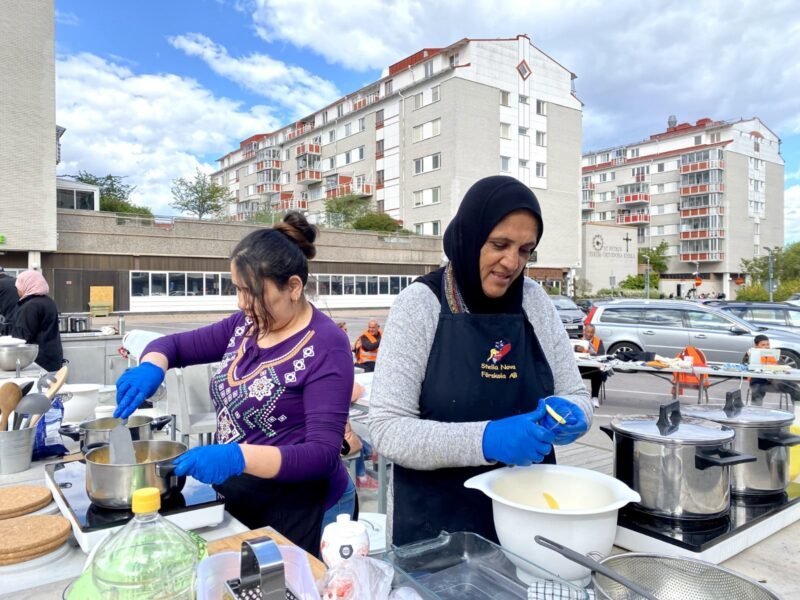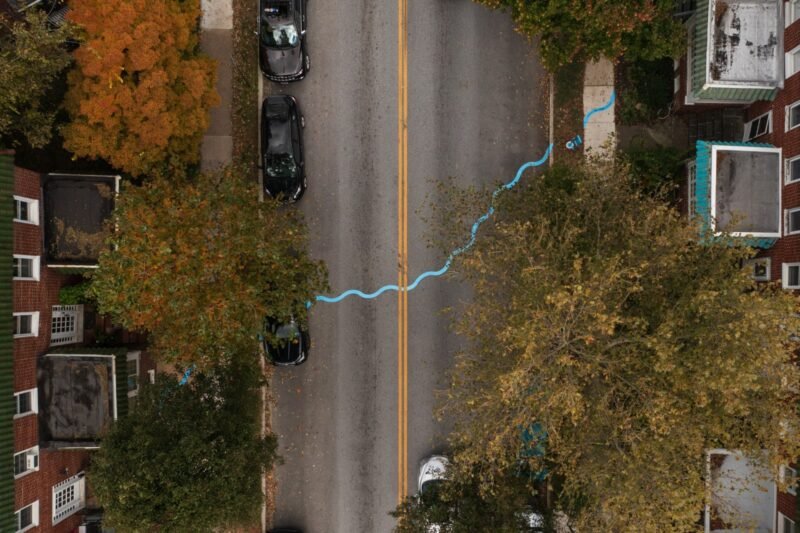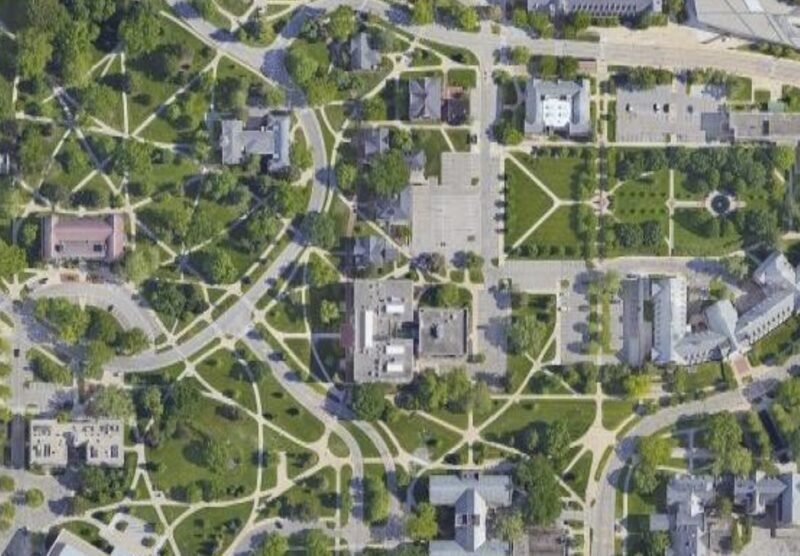New Micro-Meetings In Public Space
“It’s so funny, how we don’t talk any more” sang Cliff Richards in 1979 about a disappearing love. The same thing has happened to urban spaces — people don’t talk any more. No wonder that many artists, urbanists and city-makers worry about the current condition of public environments, where people seem to be busier with their phones than with others. This notion leads to a new wave of social urban interventions aimed at enhancing conversation between strangers.
As an alternative for Facebook, a Brazilian collective came up with the Social Towel, a series of remarkable towels that are distributed in parks for people to sit on, and at the same time they spread the message that those people are open to meeting new people and talking to someone they don’t know. According to the initiators, “we don’t need the Internet to make new friends. All you have to do is let others know that you’re up to meeting new people.”


Social Towel
The re-socialization of the urban realm is a central theme in the work of the Canadian artist Julien Thomas. Last year he designed the Faraday Café in Vancouver, which blocks all wireless signals in other to create a place where people talk to each other. Now living and working in Amsterdam, he has followed up on this theme by creating Ondergronds together with Manon Veldhuis. This platform enables urbanites to book a 20-minute one-on-one conversation with a elderly person in an Amsterdam metro train.


Faraday Café, Vancouver
It’s no wonder that many artists choose seniors as subjects for social art campaigns — they’re a group that’s quickly forgotten in today’s new communication habits. For the same sake a group of students in Rotterdam opened Oma’s Pop-Up, a temporary restaurant that serves signature dishes cooked by local grandmothers. This way their traditional and beloved dishes are being preserved but more importantly, they can escape their social isolation.


Oma’s Pop-Up in Rotterdam
In the Brazilian city of Pelotas a sticker campaign in buses gives priority seats to people that are open for a chat. Marketing agency Mark+ developed the Feeding Friendships campaign by making the unsocial environment that a bus is a bit more social by placing stickers that encourage passengers to meet the people occupying the seats right next to theirs. Each vehicle received five stickers that mark the seats reserved for those passengers that might be interested in a conversation or are just keen to experience something new on their way to work/school/party. In case there is an ice that needs breaking, the stickers are equipped with post-its that have several themes of conversation written on them.


Priority seats for new friendships in buses in Brazil
Brazil seems to be a particularly good breeding ground for initiatives that focus on these new micro-meetings. Mesa Livre, which means “free table”, is a Brazilian DIY project that intends to encourage people to share their tables in restaurants with others. Not only to free up space, but with the intention of allowing people the means to meet new friends.

Mesa Livre
All these projects may only be targeting local individuals that co-incidently participate in the project. But in a bigger context they make a strong point: “What happened to our good old public space where people met each other by surprise?”
This article is part of Pop-Up City’s urban trends for 2016. Reflecting on what we’ve written in 2015 and looking into the new year, we’ve created a list of five remarkable urban trends in the coming year. Contact us if you’re interested in hearing more.



